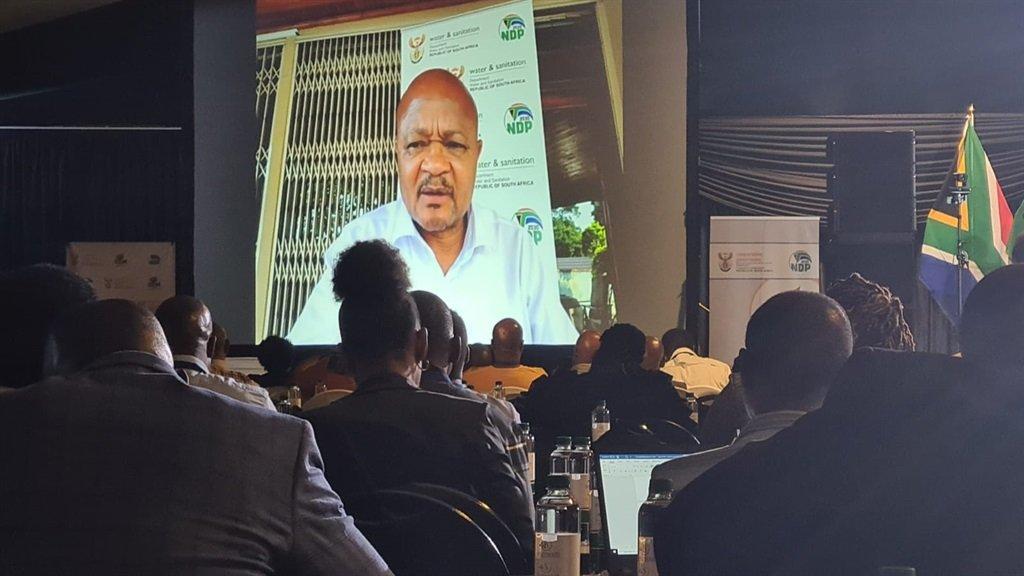Africa-Press – South-Africa. Water and Sanitation Minister Senzo Mchunu said there was an established culture in local government of maintaining the status quo and not delivering services.
“If this was a gravel road, [the sentiment is] ‘let’s keep a gravel road’,” he told more than 2 500 delegates and role players in local government in a virtual address at the Local Government Summit on Tuesday.
The two-day event is centred around creating an “ideal municipality” through the district development model.
“The culture needs to change. We need a culture that says, ‘this is not acceptable’. We need to do justice to people in terms of service delivery – this is missing.”
He said the current situation was causing havoc for officials who were trying to do their best to provide services to communities.
“There is a need for the water sector to shift focus to the delivery of water as one [whole] value chain – [not as two different entities] – the delivery of bulk water and reticulation.”
He said sanitation service backlogs had taken a backseat over many years.
He added:
Mchunu spoke at a panel discussion on how municipalities could eradicate backlogs, prioritise the provision of quality services, as well as preparing municipalities and communities for disasters and climate change.
Statistician-General Risenga Maluleke, a member of the panel, said until the full census results were available, he could only estimate the population from statistics received on 1 July 2022.
“There are 60.1 million people in the country. I am always asked whether this includes residents and those documented or undocumented. We count every person and do not ask the question.”
He said forcing people to reveal their status would lead to an incorrect count and insufficient services being provided.
Gauteng has taken over from KwaZulu-Natal as the province with the biggest population at 16.1 million. It accounts for 26.6% of the national population. KwaZulu-Natal has a population of 11.5 million and the Western Cape 7.9 million.
‘Democracy is a disruptive process’: Makhura tells summit coalition politics is frustrating
These three provinces accounted for 57% of the population.
Around 31 million people in the country, or 51% of the population, are women. Thirty-eight million people, or 62.7% of the population, are younger than 35.
In the Eastern Cape, 50% of the households are headed by women.
The 10 poorest districts and municipalities are found in KwaZulu-Natal and the Eastern Cape, and most of these households are headed by women.
Another panellist, Professor Colleen Vogel from the University of Witwatersrand’s department of climate change, said while the country focused its efforts on countering climate change, it also needed to look at adapting to the changes.
She added that the focus needed to be on those who were vulnerable to climate change. She said that although infrastructure to combat climate change was needed, helping communities to adapt to these changes saved more lives.
Vogel said:
Mchunu said there was a growing belief that government needed to ring-fence water and sanitation.
“Because of the emotions and sensitivities around water, there is an idea we may have to entertain – that as municipalities, [we] need to find a way to ring-fence water and sanitation, and under an entity… so that those services are not tainted by the normal activities of the municipality.
“We need to put emphasis on infrastructure. There are a few municipalities where we have to do quick footwork, like in Gqeberha and eThekwini. If we don’t do so, doing repairs will be extremely expensive.”
For More News And Analysis About South-Africa Follow Africa-Press






